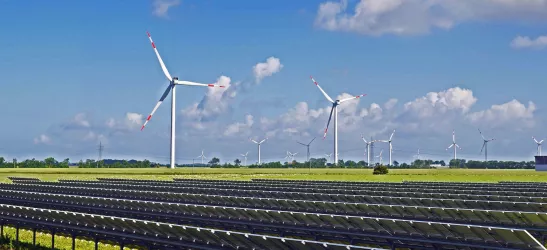Overview
In the United States, the policy mechanism that has spearheaded the quest for reducing oil consumption in road transportation for the last 30 years is the Corporate Average Fuel Economy (CAFE) program. Strategies such as travel demand management, smart growth, transit-oriented development, road pricing, fuel taxing, fuel switching, and vehicle technology mandates have either had limited success or limited commitment. For reasons beyond the scope of this paper, the CAFE program, adopted in 1975, has remained a favorite in policymakers' bag of ideas every time the issue of excessive dependency on oil resurges in the policy debate -- even if the fuel economy standards themselves have remained unaltered between 1975 and 2007.
In 1988, in the midst of a rise of national awareness about oil security and environmental degradation, the Alternative Motor Fuels Act (AMFA) amended the CAFE program to include incentives for the production of alternative-fuel vehicles. In the current energy and climate policy debates, CAFE reform and alternative fuels -- most notably biomass-derived fuels -- are again at center stage. Illustrating the importance of these issues in the political agenda, Congress passed the Energy Independence and Security Act of 2007, signed into law by President Bush on December 19, 2007.
This paper is concerned with analyzing the role that the interplay of CAFE and ethanol -- the alternative fuel that presently captures the most attention among policymakers -- can play in the context of a national interest to enhance energy security and reduce greenhouse gas emissions from the transportation sector. It will be shown in the paper that, even with the passage of the EISA 2007, several policy windows will likely open in this area in the near future. This paper was written with such policy windows in mind, hoping to provide useful insights and inform future policy activity in this area. Analyses of fuel-economy and alternative-fuel policy taken separately abound. The main contribution of this paper is on the important, and often neglected, question of the interplay of the two.
Section 2 provides background on the statutory link between CAFE and alternative fuels. Section 3 describes the policy debate over the statutory provisions that connect CAFE to biofuels. In Section 4, the potential societal consequences of the interplay between ethanol production and fuel economy regulations in their current form are discussed. Section 5 elaborates on the important question of consumer acceptance of new vehicle technologies and its relation to flex-fuel vehicles. Section 6 presents an overview of the factors that affect the price of ethanol, and Section 7 concludes with a general discussion and suggestions for future policy.
Collantes, Gustavo. “Biofuels and the Corporate Average Fuel Economy Program: The Statute, Policy Issues, and Alternatives.” Energy Technology Innovation Policy Project, Belfer Center, May 16, 2008




